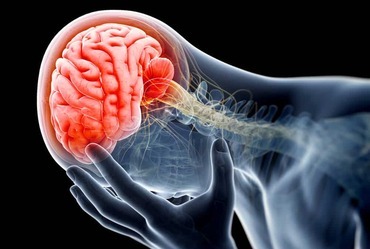Search

Following a Traffic Crash Brain injury recovery from accident injuries takes both long time and produces hard obstacles. The way patients recover their lost functions and learn to live well again while keeping good health needs successful brain rehab programs. Brain injury patients and those supporting them need to master the steps of brain rehabilitation to better handle this path ahead. This guide explains what actions to take when dealing with brain rehabilitation after an accident.
You must get emergency medical help when you have any head injuries. Getting fast diagnosis and medical care after a brain injury helps stop the development of serious health problems. Medical professionals will check injury extent by performing CT scans and MRI scans.
A brain injury exists in different levels from basic concussions to critical trauma. Your healthcare staff will explore the size of your brain damage to build a treatment program.
The path to effective brain rehabilitation requires a group of expert professionals who help patients recover.
Speech Therapists Assist Patients in Language Improvement as Well as Swallowing and Communication Activities
Survivors of brain injury often develop problems with their body movement and steadiness. Physical therapy helps:
The brain injury leads to difficulty remembering details and produces problems with thinking and solving tasks. Cognitive therapy focuses on:
Patients require speech therapy to correct communication problems with their language and swallowing abilities after an injury.
Injured brains can cause people to have anxiety attacks, feel depressed and vary their mood. Psychological support includes:
When people have reliable help from others during recovery they achieve better results. Family and caregivers should help through these actions.
Recovery gains advantage from these useful tools including injuries:
It needs dedicated time to make improvements but the healing progress moves gradually. Stepping towards recovery requires us to set good goals while recognizing our achievements and stay hopeful throughout the experience.
After an accident the brain rehabilitation journey tests the person but remains crucial for restoring their activities and freedom. People can enhance their quality of life through proper medical care and body and brain therapy while working with their healthcare team members. Having patience and working with expert help will help you both recover successfully from a brain injury.